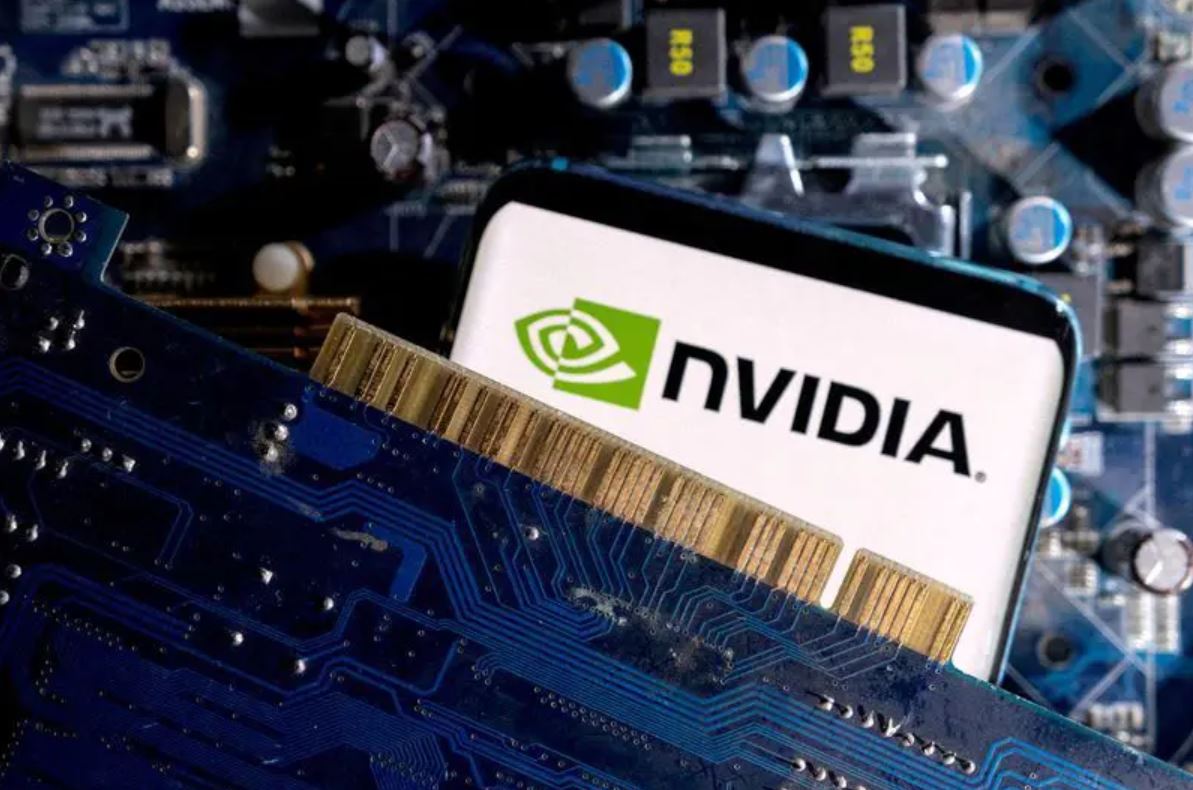 Nvidia is gearing up to re-enter the Chinese market with the resumption of its H20 AI chip sales. After a pause triggered by regulatory uncertainty, the company is actively filing for U.S. government licences to restart shipments. While not its most advanced chip, the H20 remains the most powerful processor that can be legally exported to China under current restrictions.
Nvidia is gearing up to re-enter the Chinese market with the resumption of its H20 AI chip sales. After a pause triggered by regulatory uncertainty, the company is actively filing for U.S. government licences to restart shipments. While not its most advanced chip, the H20 remains the most powerful processor that can be legally exported to China under current restrictions.
Major Chinese tech players like ByteDance, Alibaba, and Tencent had been stockpiling these chips, anticipating tougher controls. Earlier this year, when the Trump administration imposed restrictions that threatened a revenue loss between $15 billion and $16 billion, the outlook was uncertain. However, CEO Jensen Huang’s discussions with government officials helped ease these concerns, eventually leading to a pause in those measures.
At the same time, Nvidia is preparing to launch its new “RTX Pro” chip, designed specifically for the Chinese market. This move not only meets regulatory demands but also supports digital manufacturing—enhancing sectors such as smart factories and logistics.
Amid ongoing tensions between the U.S. and China over technology and AI capabilities, this development is significant. U.S. lawmakers remain wary that easing exports might bolster China’s AI ambitions. Meanwhile, Chinese companies continue to explore alternatives, such as DeepSeek’s innovative effort to rival OpenAI’s ChatGPT using Nvidia’s earlier H800 chips.
It’s a delicate balance between fostering global innovation and ensuring national security. Nvidia’s proactive steps in navigating these challenges reflect a careful approach in a competitive, ever-changing industry.








